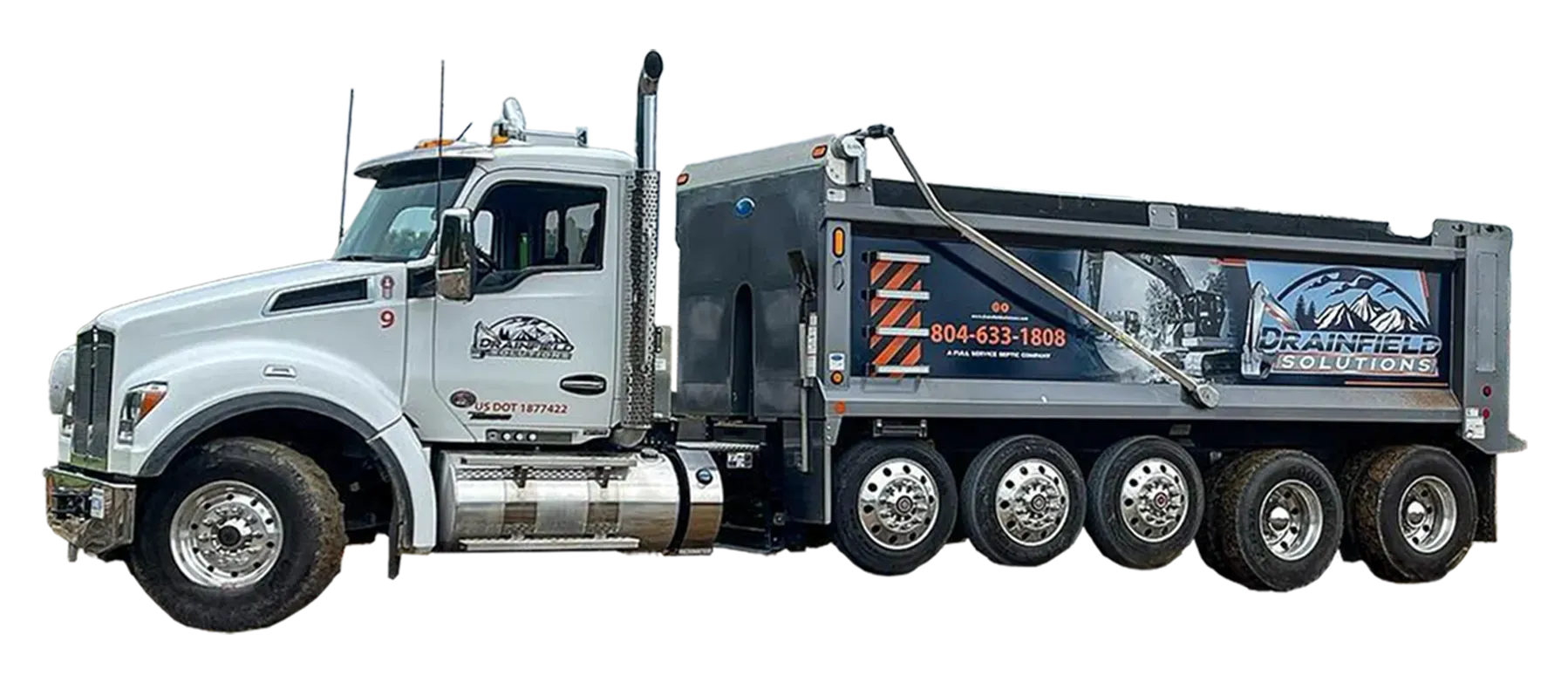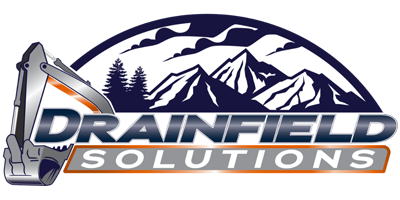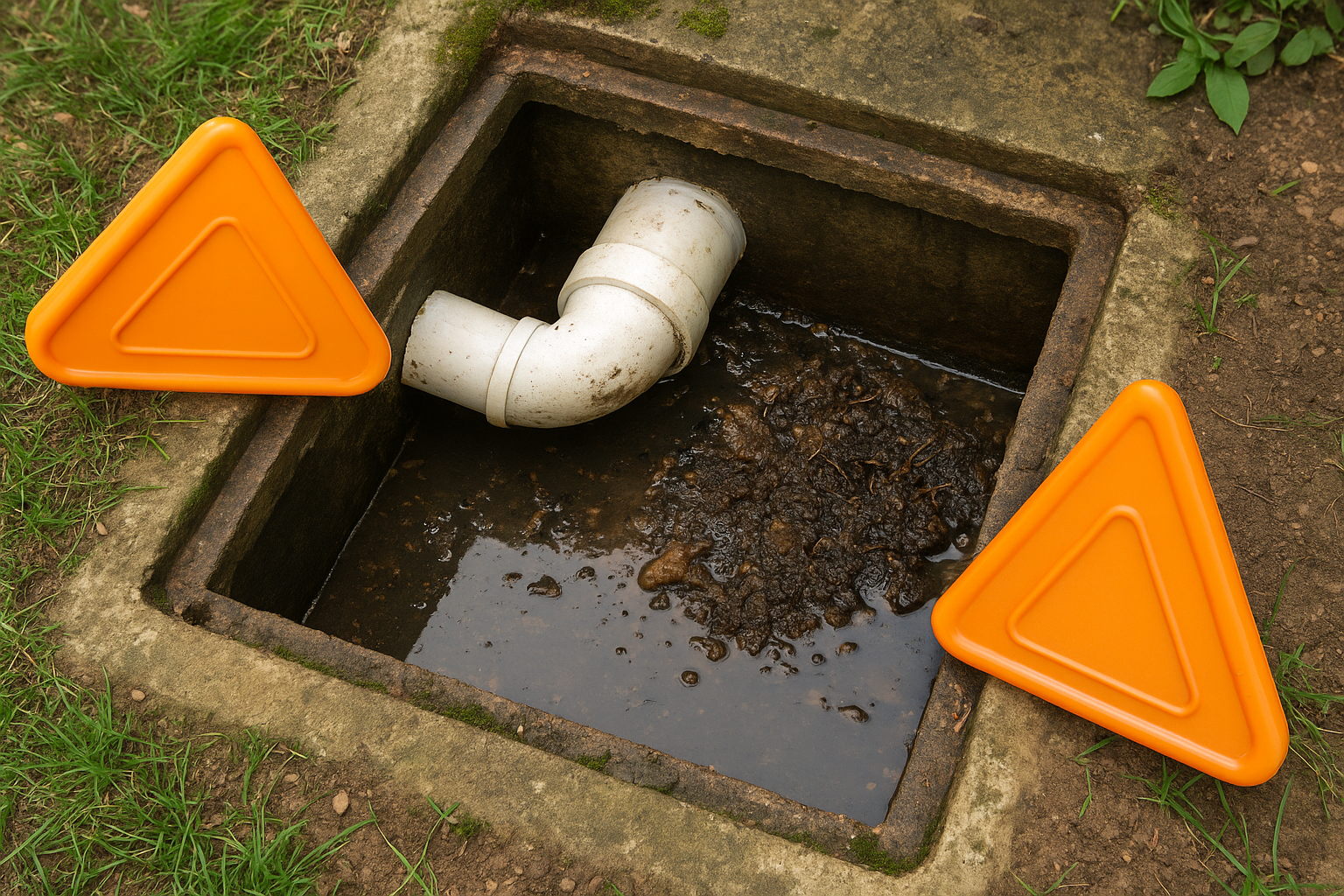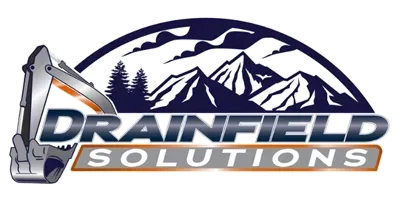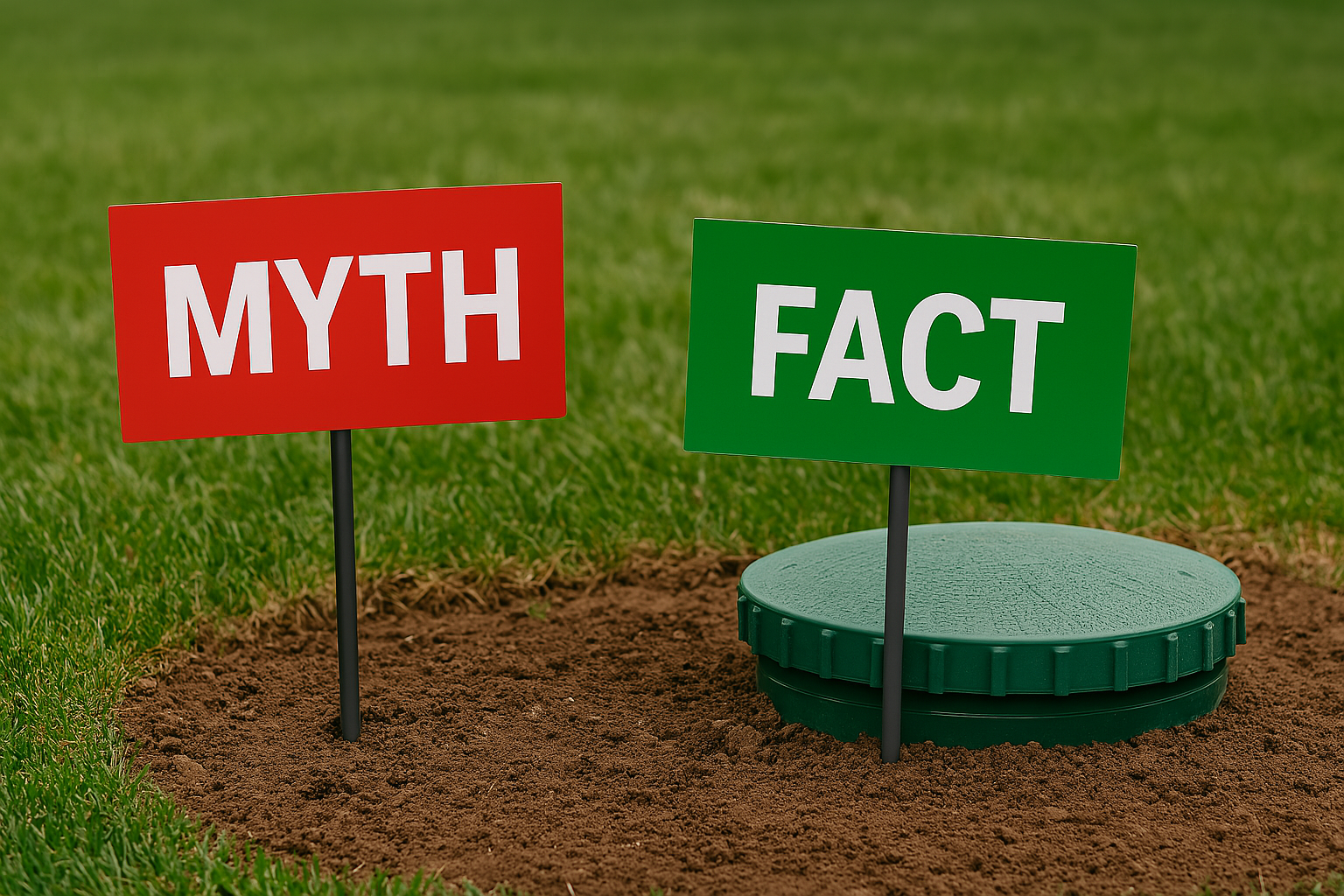
Septic System Myths Debunked: What You Need to Know
April 17, 2025
When it comes to septic systems, misinformation is everywhere. From old myths passed down through generations to misleading product claims, homeowners often receive advice that could do more harm than good. Believing these myths can lead to costly mistakes, system failures, and even environmental damage.
At Drainfield Solutions, we’ve spent nearly two decades helping homeowners in Central Virginia maintain their septic systems. Along the way, we’ve heard just about every septic-related myth out there. Let’s set the record straight and separate fact from fiction.
For expert septic system care, call us at 804-633-1808 or visit www.drainfieldsolutions.com.
Myth #1: You Don’t Need to Pump Your Septic Tank
One of the most common (and dangerous) myths is that septic system pumping isn’t necessary. Some believe that bacteria in the tank will break down all waste, making pumping unnecessary. Others assume that adding chemicals or enzymes will eliminate the need for regular maintenance.
The Truth:
While bacteria do help decompose waste, they can’t break down everything. Solids like grease, hair, and other non-biodegradable materials accumulate over time. Without routine septic system pumping (typically every 3–5 years), these solids can overflow into the drainfield, leading to clogs and potential system failure. There is no substitute for pumping—it's essential for keeping your system functional.
Myth #2: You Can Flush Anything Down the Drain
Many people assume that their septic system can handle anything that fits down the drain—wipes, grease, cat litter, or even food scraps.
The Truth:
Septic systems are not designed to break down non-biodegradable materials. Flushing baby wipes, paper towels, feminine hygiene products, or grease can clog pipes, damage your septic tank, and lead to expensive repairs. Only human waste and septic-safe toilet paper should go down the drain. Everything else should go in the trash.
Myth #3: Additives Replace the Need for Pumping
Septic system additives are often marketed as a way to “boost” your system’s performance or reduce the need for pumping.
The Truth:
While some additives may help break down waste slightly faster, they do not remove solids from your septic tank. Solids will still accumulate and must be pumped out. In some cases, additives can disrupt the natural bacterial balance in your tank, leading to even bigger problems. Investing in professional maintenance is far more effective than relying on additives alone.
Myth #4: Septic Systems Last Forever
Some homeowners assume that once a septic system is installed, it will last indefinitely with little to no upkeep.
The Truth:
Even a well-maintained septic system has a lifespan of about 20–30 years. Factors such as soil conditions, household water usage, and regular maintenance all impact how long a system will last. With proper care, you can extend its life, but no septic system lasts forever.
Myth #5: It’s Okay to Build Over Your Septic Tank or Drainfield
Thinking about adding a patio, driveway, or shed over your septic system? Some homeowners believe that because tanks and drainfields are underground, they can be built over.
The Truth:
Building over your septic tank or drainfield can cause major problems. Heavy structures compact the soil, preventing the drainfield from properly filtering wastewater. Additionally, covering the tank makes maintenance difficult—or even impossible. Keep these areas clear to ensure your system functions properly.
Myth #6: A Clogged System Means It Needs to Be Replaced
If your septic system backs up or stops working, you might assume that a full replacement is the only option.
The Truth:
Many septic issues can be fixed without replacing the entire system. For example:
- Septic system pumping can clear an overfilled tank.
- Pipe blockages can often be removed without major repairs.
- Drainfield repairs can restore function in many cases.
Before assuming the worst, have a professional inspection to determine the best course of action.
Myth #7: Professional Maintenance Isn’t Necessary
Some homeowners believe that septic systems can take care of themselves—or that they can handle all maintenance tasks on their own.
The Truth:
Septic systems require regular professional maintenance to operate efficiently. A trained septic expert can:
- Identify early signs of damage.
- Measure sludge levels to determine when pumping is needed.
- Provide system-specific recommendations, whether you have a conventional, aerobic, or alternative septic system.
Skipping professional maintenance often leads to more expensive repairs down the road.
Myth #8: Septic Systems Are Too Expensive Compared to Sewer Connections
Some people hesitate to install a septic system because they assume it's more expensive than connecting to a municipal sewer line.
The Truth:
The cost to install a septic system varies depending on size and type, but in many cases, it is more affordable than extending sewer lines—especially in rural areas. Once installed, septic systems often have lower ongoing costs than municipal sewer services.
Why Debunking These Myths Matters
Believing these myths can lead to expensive mistakes and even system failure. By understanding how septic systems truly work, you can make informed decisions and keep your system running smoothly for years to come.
Why Choose Drainfield Solutions?
At Drainfield Solutions, we’ve been helping homeowners in Caroline County, Spotsylvania County, Hanover County, Stafford County, King George County, Louisa County and the surrounding areas, properly maintain their septic systems since 2005. As a family-owned business serving Central Virginia, we specialize in:
✔
Routine maintenance, pumping, and inspections
✔
Emergency septic repairs
✔
New septic system installations
✔
Alternative septic systems, including aerobic treatment units
✔
Eco-friendly practices to protect your property and the environment
Whether you’re dealing with clogged drains, septic system problems, or considering installing a new septic tank, we’re here to help.
📞
Call us at 804-633-1808
🌐
Visit
www.drainfieldsolutions.com
Share Post
Latest Posts
Ready to Take the Next Step?
Whether you're in need of a system inspection or regular maintenance, Drainfield Solutions is here to help. Get in touch today for reliable service you can trust.
